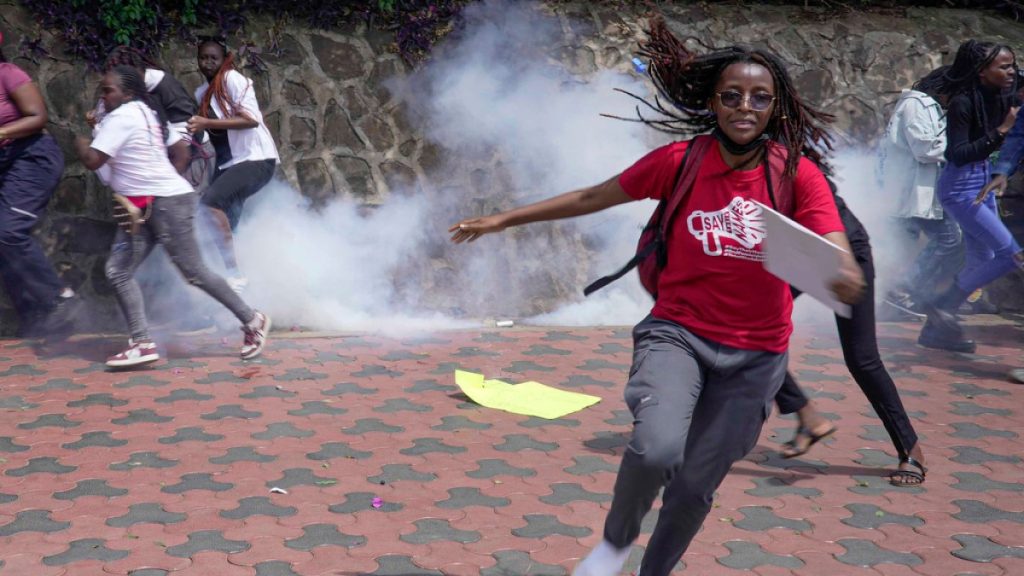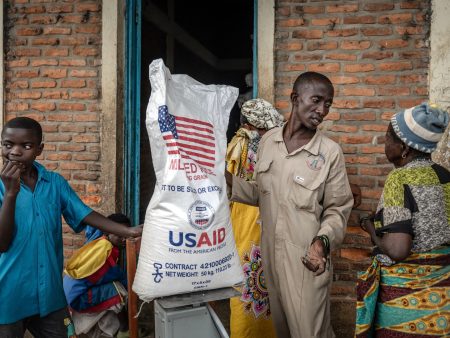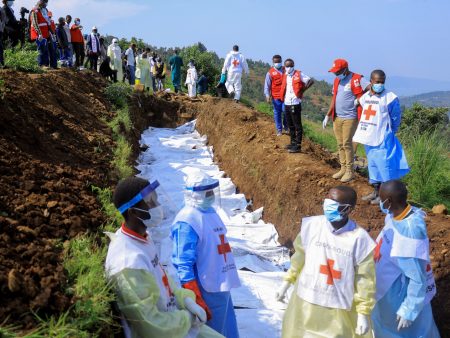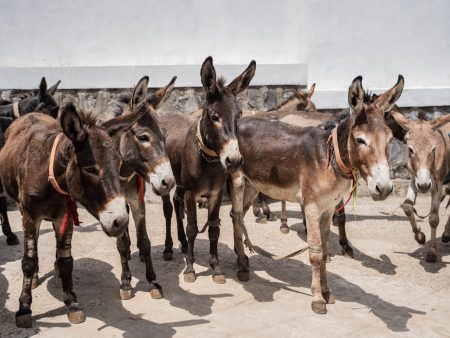The streets of Nairobi recently became a battleground between police and protesters demanding an end to the escalating crisis of femicide in Kenya. The air, thick with tear gas, bore witness to the growing frustration and anger over the government’s perceived inaction and inadequate response to the alarming rise in violence against women. Several protesters sustained injuries in the clashes, while others were arrested, highlighting the escalating tension surrounding this critical issue. The protests underscored the deep-seated fear and insecurity pervading Kenyan society, where women increasingly find themselves vulnerable to violence, often with fatal consequences. The demonstrations marked a boiling point, fueled by a sense of urgency and desperation for tangible action to address the systemic problem of gender-based violence.
At the heart of the protests lies the contention that the Kenyan government’s efforts to combat femicide are insufficient and lack the necessary comprehensive approach to tackle the root causes of the problem. Activists argue that President Ruto’s $700,000 pledge, while a seemingly significant financial commitment, pales in comparison to the magnitude of the crisis and the depth of the systemic issues that perpetuate it. They maintain that the allocated funds are merely a symbolic gesture, failing to address the complex web of social, economic, and cultural factors that contribute to the alarmingly high rates of violence against women. The protesters demand a more robust and multifaceted strategy, encompassing legal reforms, enhanced law enforcement, educational programs, and societal changes in attitudes and behaviors towards women.
The rising incidence of femicide in Kenya paints a grim picture of the dangers faced by women. Reports and statistics reveal a disturbing trend of increasing violence, often culminating in tragic deaths. The stories of victims, often shared by families and activists, highlight the devastating impact of these crimes on individuals, families, and communities. These narratives serve as a stark reminder of the urgent need for effective interventions and preventive measures to protect women and ensure their safety and security. The protests, driven by the anguish and outrage over these preventable deaths, underscore the collective demand for accountability and justice for the victims and their families.
Beyond the immediate financial commitment, the protesters demand a more comprehensive and sustainable approach to addressing the root causes of femicide. This includes strengthening the legal framework to ensure perpetrators are held accountable and that survivors have access to justice and support services. It also necessitates enhanced training and capacity building within law enforcement agencies to effectively investigate and prosecute cases of violence against women. Crucially, the protesters call for societal changes in attitudes and behaviors that normalize or condone violence against women, emphasizing the need for education and awareness campaigns to promote gender equality and respect.
The protests in Nairobi reflect a broader global movement demanding an end to violence against women. Similar demonstrations and advocacy efforts are taking place worldwide, highlighting the universality of this issue and the shared determination to create a safer and more equitable world for women. These movements, fueled by social media and grassroots activism, are challenging governments and societies to prioritize the safety and well-being of women and to take concrete steps to address the root causes of gender-based violence. The collective voices of these movements are amplifying the calls for change and putting pressure on decision-makers to implement effective policies and programs to prevent violence against women.
The protests in Nairobi serve as a stark reminder that the fight against femicide requires a multi-pronged approach, encompassing legal reforms, enhanced law enforcement, educational initiatives, and societal transformations. The financial commitment, while a necessary step, is not sufficient on its own. It must be accompanied by a comprehensive strategy that addresses the underlying causes of violence against women and promotes a culture of respect and equality. The protests represent a critical moment in the ongoing struggle for gender equality and justice in Kenya and serve as a call to action for continued advocacy and collective efforts to end the scourge of femicide. The demand for change is clear: Kenyan women deserve to live free from fear and violence.










